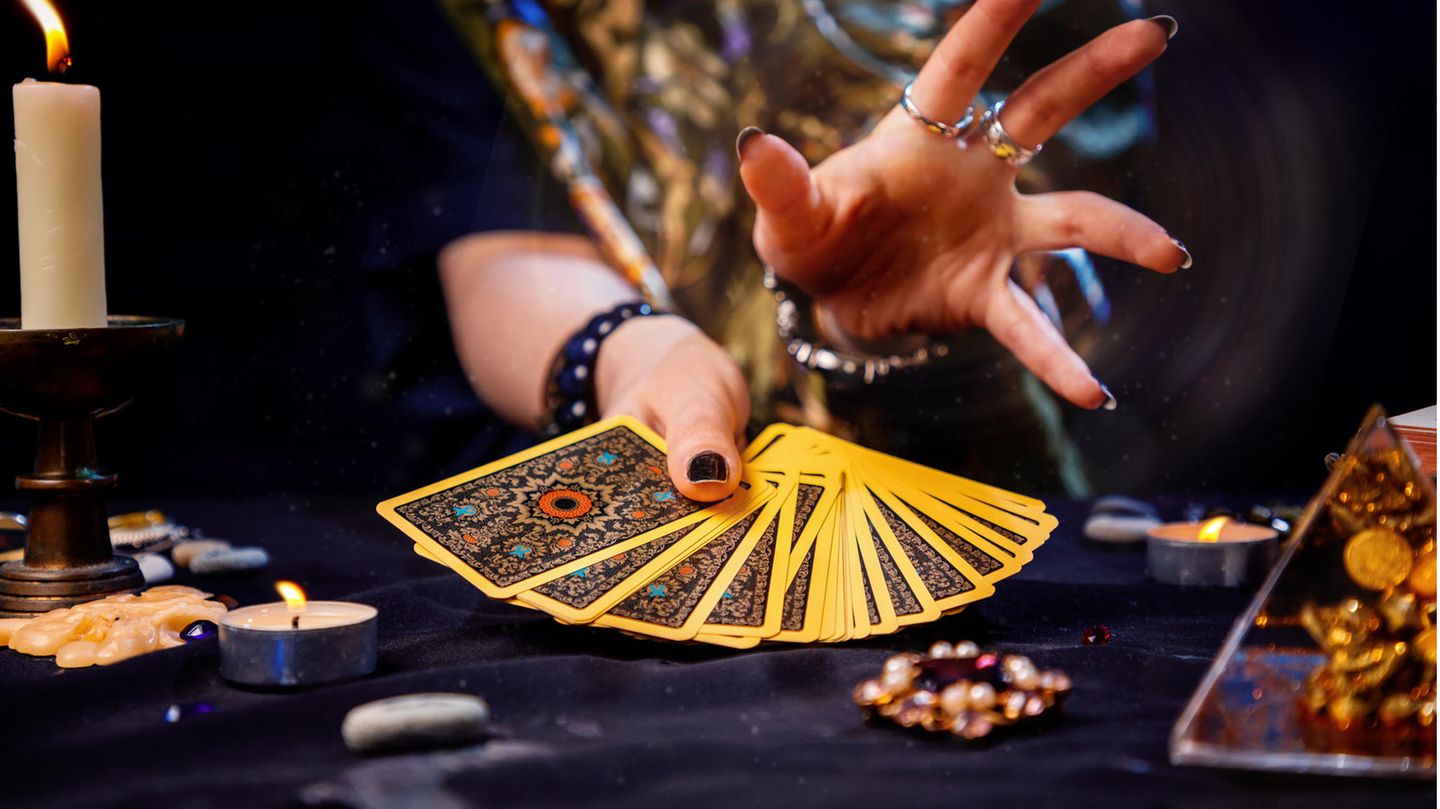A murmur goes through the glass ball. Tarot cards promise to help people with words and deeds and dare to look into the future. But what is really behind clairvoyance and why does it work so well (or badly)?
Are you a person who admits his own mistakes, but knows how to conceal them well? And I bet you have a lot of potential but sometimes you just don’t know how to use it. You are always there for your loved ones, even if it sometimes means stress. You work a lot. And even though you do, you usually balance family and professional commitments well. You cherish your most important friendships like a treasure, even though one or the other comrade-in-arms has been lost over the years. And don’t sell a pear for an apple. Maybe once, but twice this error will not happen to you.
Reading cold: Small trick, big effect
If you nodded at one or more sentences, now you know why horoscopes, and clairvoyance work. Each of these interpretations was cold because none was based on any information I know about you. From where? Cold reading is the name of the trick of presenting generally accepted truisms as if a look at the stars had just revealed your deepest desires.
Anyone who claims that he or she didn’t even have to nod should be told that he or she is a person who cannot be pigeonholed. Is that correct or am I right? Be that as it may, the fact that cold reading works is proven by a whole industry consisting of horoscopes, clairvoyants, tarot cards, etc., which has formed around it. And let’s face it, if it makes you feel a little better or fosters good character traits, then it doesn’t matter how absurd it may be for a playing card to reveal what we already knew.
The psychology behind cold reading
But why does cold reading work at all? Well, that’s less because of the statement itself than because of whoever takes it. You and I, your neighbor and your colleague and your friends have one thing in common: we all take ourselves a little too seriously. Accordingly, people tend to interpret generally valid statements about themselves in such a way that they are perceived as an accurate description of their own personality. Bertram R. Forer (born October 24, 1914, died April 6, 2000) christened the trick that our brain tricks us with. The American psychologist discovered it with an experiment.
The experiment
In it, Forer had his students complete a personality test. As a result, the subjects received a “tailored” character description from Forer. On a scale from 0 to 5, they then had to rate how accurate the description was. The students’ agreement with the text was 4.26. The Twist: Each test rabbit was given the same description with common truisms about humans. Strange that most of them thought the lyrics reflected their personality quite well. After all, we are all unique. Other psychologists repeated the experiment with similar results.
tarot cards
And based precisely on this principle , clairvoyance, palmistry and horoscopes. The nice thing about it: They awaken memories of past stories in us or direct our thoughts to recent experiences. It’s great fun, especially in small groups of friends, when the phrases ignite a whole group, which draws conclusions about the lives of the individual and you can interpret the interpretations together. And even at parties where you don’t know anyone, a cold interpretation can help to start a conversation or to keep it going. However, you should not have fun with unfair intentions. There are already enough other charlatans for that.
Tarot for Beginners
If you feel like taking a cold look into the future of your guests at your next party, we recommend a beginner’s book with detailed and extremely vague general phrases to give free rein to the interpretation of truisms. Hajo Banzhaf (born May 15, 1949, died February 11, 2009) is considered a luminary in esoteric circles – at least that’s what the back cover of his book claims, including . And what do the cards tell us about our future, such as the “Ace of Swords”?
- “What the picture expresses: Every ace offers a chance. The Ace of Swords is a good opportunity to understand, clarify and decide.”
- “As theme means the ace of swords: It is about an opportunity that wants to be discovered and developed. It contains an important insight, a wise judgment and it can lead to clarity.”
- “As Suggestion advises the Ace of Swords: Beware of the opportunity before you. It helps you make a wise decision, clarify something, or understand something important.”
If that doesn’t sound like a self-fulfilling prophecy. Anyone looking for opportunities will find them. I am sure you will make a wise decision when the chance comes. Not like that time when you were sold a pear for an apple. And you will gain an important insight. With that in mind: let your wise judgment guide you, don’t expect anything and the best will come. I know you can do this.
There is more information here.
Source: Stern
I am a 24-year-old writer and journalist who has been working in the news industry for the past two years. I write primarily about market news, so if you’re looking for insights into what’s going on in the stock market or economic indicators, you’ve come to the right place. I also dabble in writing articles on lifestyle trends and pop culture news.




